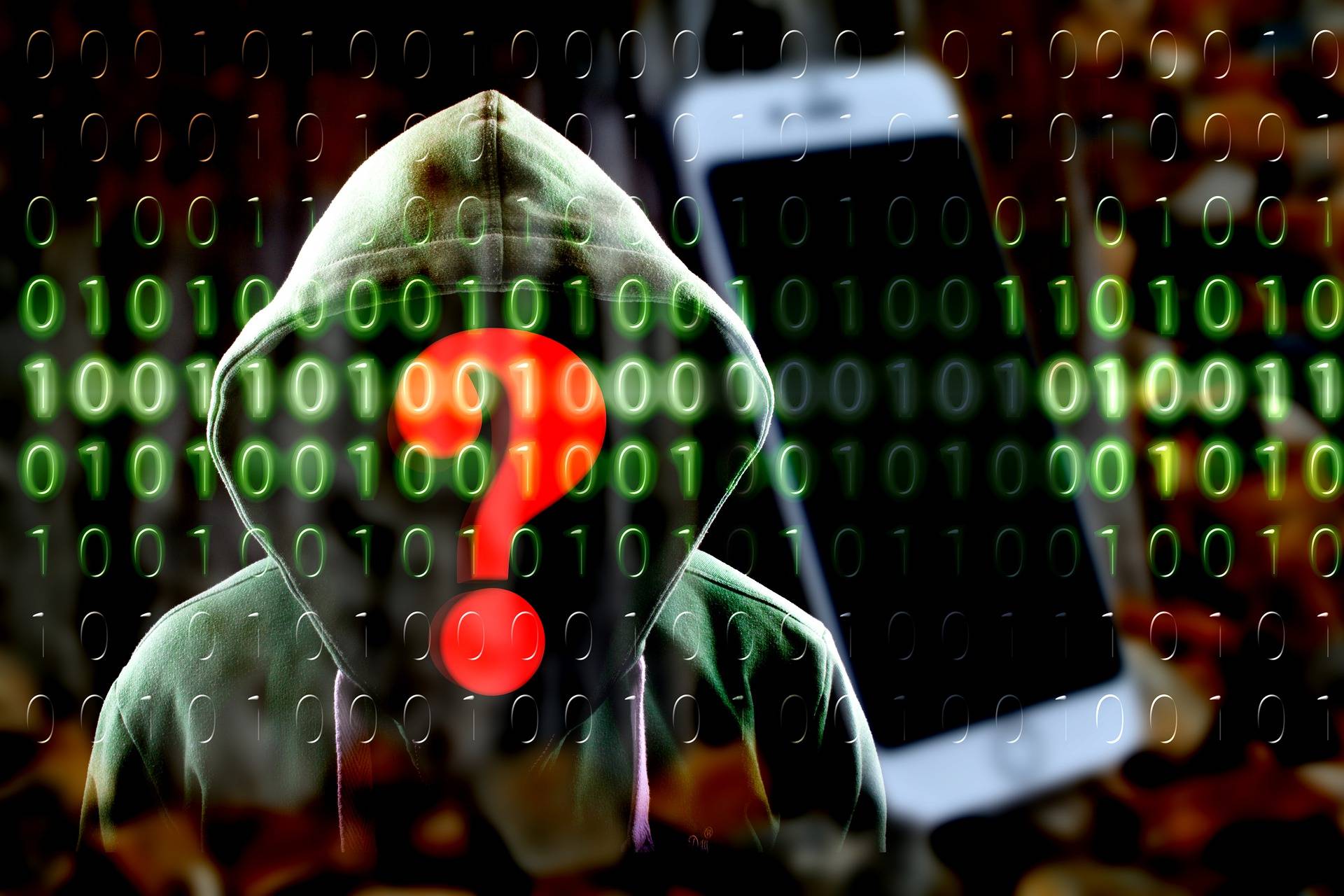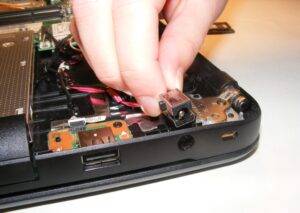The days when laptops or Computers were protected from a large number of risks and perils are no more. As programmers and online culprits become more intelligent, PCs that interface with the web can confront various dangers, for example, cyber threats viruses, spyware, malware, Trojans, phishing attacks, spam attacks, etc. In any case, that doesn’t intend that it’s basically impossible for you to get and safeguard your PC against these advanced developing dangers. One approach to guaranteeing the well-being and assurance of your PC is by introducing antivirus software. Be that as it may, a great many people will generally fail to remember the significance of this device as they feel like the implicit security in their laptops is sufficient to protect them from a wide range of dangers and assaults. In this aide, we’ll show you the significance of antivirus software for your PC.
Let’s discuss computer viruses and antivirus software in detail
What is Computer /Laptop Virus
A computer virus is a piece of code that is programmed to damage your device, infect the operating systems, programs, and files, corrupt data and steal your personal information, etc. A computer virus spreads between computers and programs to replicate by copying its files onto an infected computer. A computer worm is a kind of malware that keeps replicating itself. Computer users intentionally or unintentionally spread the infection by opening an email attachment, running an executable file and program, visiting infected websites, viewing an infected website’s advertisements, etc. Generally, a virus can also be spread by an infected USB removal storage device while transferring data from one infected computer to another computer. It can also infect other computers’ software or modify functions or applications and corrupt data.
There are certain signs that help you identify whether a computer is virus-infected or not. Have a look at the below-following points.
- Pop-up Windows – one of the signs of a pop-up window virus is you may start getting a lot of small pop-up windows on the computer screen which is a kind of virus and can harm your computer/laptop.
- Crash of the Device – in this case, the computer operating system and installed software stop working or not responding. I need to re-install them.
- Pop-up Windows – One of the signs of a pop-up window virus is you may start getting a lot of small pop-up windows on the computer screen which is a kind of virus and can harm your computer/laptop.
- Self-Execution of Programs – software and app start executing in the background of the system by themselves and slow down the system processing speed. Computer use may not come to know about them as they are running in the background.
- Log out from Accounts – Due to a virus attack on the computer, the user’s account gets hacked and the computer starts log-in in and logging out.
- Speed of the computer – One of the signs of a computer virus is slowing down computer speed. The computer/laptop time taken to load the operating system or open applications may become longer and the computer processing may start working slowly.
Types of Computer Virus
There are different types of computer viruses. Go through the below-following points
-
File infecting or File infector virus – File infecting virus is known as a file infector or file injector virus. It is a type of Malware and the most common type of virus that infect executable files having.COM and. Exe extensions. Generally, a file infection virus replicates itself and overwrites the code of an executable file or inserts code into an executable file. Win32.Sality.BK is a well-known file-infecting virus.
-
Macro Virus – A macro virus is a computer virus, it is written in the same macro programming language that is used to create software such as Microsoft word, excel, and outlook. A Macro virus totally depends on software applications, not on any operating system. That is the reason it can infect any computer that has any kind of operating systems such as Microsoft Windows, macOS, and Linux.
-
Boot Sector Virus – A boot sector virus infects the system’s booting partition or the master boot record (MBR) of a hard disk drive and it is a type of malware. A booting partition or a boot sector is the segment of a hard disk drive that contains the data and the code required to start the operating system (OS) of a computer. When the computer is starting up and before the security software can be initialized, the virus executes malicious code.
-
Browser Hijacker – Browser Hijacker virus has the ability to change your browser setting, home page URL, and favorites or bookmark. It can redirect to malicious websites that could be fake pages or phishing sites used to steal users’ personal.
-
Web Scripting Virus – Most browsers prevent computer viruses from malicious web scripts but obsolete and unsupported web browsers have a vulnerability that allows the hacker or attacker to execute code.
-
Multipartite Virus – Multipartite Viruses can infect both the boot partition and the executable files of a computer. It spreads across a network or other computer by replicating themselves or inserting malicious code into critical systems or resources.
What is antivirus software?
Antivirus software is a computer program that is developed to prevent, detect or remove malware or computer viruses from the computer. Antivirus software can detect and remove viruses such as worms, adware, and different dangers that can likewise be identified and eliminated through antivirus. Antivirus software executes in the background and provides real-time protection against virus attacks and other threats. Antivirus software is an important software for every pc because without it users’ personal information, online transaction, and personal data are at risk.
The Best Antivirus Software. Have a look at the best top 10 antivirus.
- Norton Antivirus Plus.
- Trend Micro Antivirus+ Security.
- Bitdefender Antivirus Plus.
- McAfee Antivirus Plus.
- ESET NOD32 Antivirus.
- Quick heal antivirus plus.
- G Data Antivirus.
- Kaspersky.
- Webroot Secure Anywhere Antivirus.
- F-Secure Anti-Virus.


